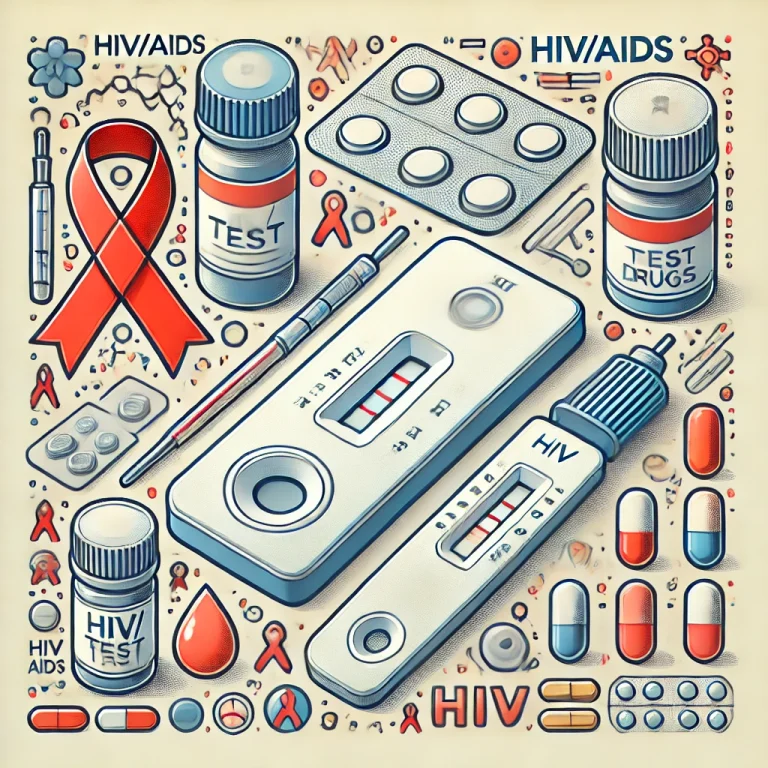As a bill seeking to make premarital medical tests compulsory in Sokoto State passed its second reading in the State House of Assembly, residents of Sokoto continued to jubilate, expressing their excitement and support for the development.
It could be recalled that during its plenary session on Thursday, April 17, 2025, Kabiru Dauda (APC–Gada East) presented the bill as a private member. It was read on the floor of the Assembly.
Following this development, many people in Sokoto have continued to express their happiness, stating that the proposed law would significantly improve and promote a healthier society if signed into law.
People like Abdurahaman Aliyu, 38, who got married years ago without undergoing such a test, welcomed the bill, describing it as a very commendable development that would go a long way in reducing the spread of modern diseases that currently pose serious health challenges in society. He added that it would also complement the efforts of the government and other NGOs in improving citizens’ health and well-being.
ALSO READ Sokoto: Bill for compulsory pre-marital medical tests passes 2nd reading
“I am confident that, by God’s grace, this will help reduce the spread of certain diseases—particularly sickle cell, HIV, and other conditions that can be transmitted through direct contact between males and females—if the law is introduced in Sokoto,” Aliyu stated confidently.
As someone who got married years ago without undergoing a medical test—though he did not experience any health challenges—Aliyu now believes that, given the increasing prevalence of modern diseases, he must undergo medical screening before marrying another wife to be aware of both partners’ health status.
Emphasizing the disadvantages of getting married without medical tests, Aliyu said he had seen many couples face serious challenges due to neglecting premarital screening.
“I once attended a wedding where one of the Islamic scholars insisted that the couple must conduct a medical test before he would officiate the marriage. We spent almost the whole day going back and forth on the issue. Surprisingly, after the test, they discovered that the groom had HIV.
“There was another case where two people got married and later found out they both had the AS genotype. After giving birth to a child who had sickle cell disease, they eventually had to separate, despite the love they shared,” Aliyu recounted.
Umar Kabir Ɗan’anini, another resident of Sokoto, described the move as a wise decision that would protect people from falling into difficult situations. He acknowledged that although some people might feel burdened by the requirement, it would undoubtedly be beneficial in the long run.
He further noted that the bill would significantly contribute to tackling the spread of diseases in society. Referring to his own family, he mentioned having a younger sister with sickle cell disease and witnessing her suffering. He also voluntarily conducted medical tests before getting married.
For this reason, Ɗan’anini fully supports the bill and encouraged others to do the same, considering its great potential to improve public health and save lives.
Fatima Bello Bala, a recent Microbiology graduate from Sokoto University, expressed excitement over the development, stating that the bill should have been presented and passed a long time ago. According to her, it would help many avoid falling blindly into love and marriage without proper medical checks.
“Many people fall in love and get married without knowing each other’s health status, and they later face problems because they are not genetically compatible,” she warned.
As a single woman, Fatima said that she and her future spouse must undergo medical screening before marriage to avoid such challenges.
According to Dauda, the bill seeks to make medical screening compulsory for intending couples. The tests would include screenings for HIV/AIDS, hepatitis, sickle cell, genotype, and other relevant health conditions.
“Such measures, if properly implemented, will promote healthier and more productive future generations,” he explained.
Many lawmakers have expressed strong support for the bill, emphasizing its significance for the overall well-being of citizens and its potential to reduce healthcare costs through early prevention.
Imam Surajo Abubakar, Director of Da’awah at the Sokoto State Hisbah Board, noted that the bill aligns with Islamic teachings, as Islam emphasizes the protection of life and property.
“Islam is about safeguarding lives and property, and health is one of the five essentials that Muslims are commanded to protect. What they are trying to do is protect life, and Islamically, it’s mandatory for couples to know their health status before getting married,” he stated.
While many hope that the bill will pass its third reading and be signed into law, there are growing concerns that rural communities may find it difficult to understand and implement it effectively.


